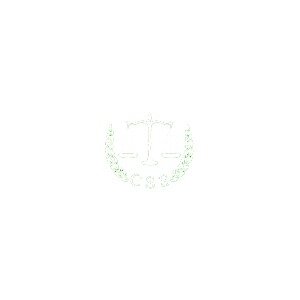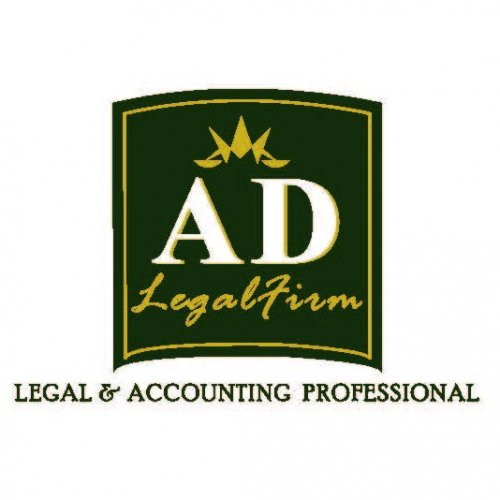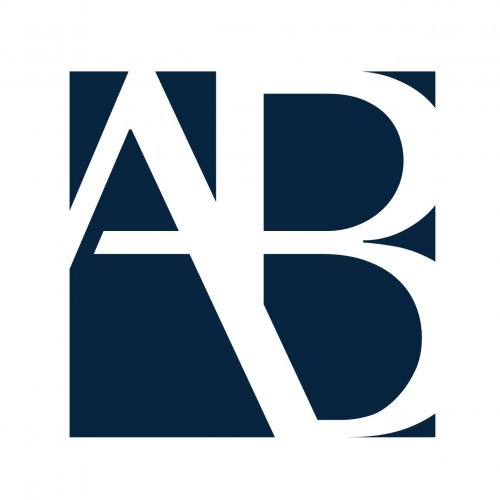Best Licensing Lawyers in Chiang Mai
Share your needs with us, get contacted by law firms.
Free. Takes 2 min.
List of the best lawyers in Chiang Mai, Thailand
Thailand Licensing Legal Questions answered by Lawyers
Browse our 1 legal question about Licensing in Thailand and the lawyer answers, or ask your own questions for free.
- What documents are required for an alcohol license in Thailand?
- I am looking to open a small beach bar and restaurant in Phuket, how can I get an alcohol license, what documents do I need?
-
Lawyer answer by Actio Global Consultancy Co., Ltd.
Dear Client,Greeting from Actio Global Consultancy. Your inquiry about Alcohol licence in Thailand is well received. please send your contact number with country code to info@actioconsultancy.com and we will respond promptly.Best regards,Actio Global's Legal Team
Read full answer
Disclaimer:
The information provided on this page is for general informational purposes only and does not constitute legal advice. While we strive to ensure the accuracy and relevance of the content, legal information may change over time, and interpretations of the law can vary. You should always consult with a qualified legal professional for advice specific to your situation. We disclaim all liability for actions taken or not taken based on the content of this page. If you believe any information is incorrect or outdated, please contact us, and we will review and update it where appropriate.

















